As the Muslim holy month of Ramadan approaches, Tunisians are preparing for more subdued celebrations amidst an ongoing economic crisis in the North African country. Traditionally bustling markets are now quieter, reflecting diminished purchasing power and financial constraints faced by many.
Vegetable merchant Mohamed Doryi noted the stark difference in market activity compared to previous years, highlighting the economic strain affecting consumers. With soaring prices, recession, and rising unemployment, Tunisians are finding it increasingly challenging to afford the customary lavish meals associated with Ramadan.
Fayka, a retiree, expressed her financial struggles, indicating a shift in purchasing habits due to limited resources. The economic downturn has been exacerbated by political tensions following President Kais Saied's consolidation of power in July 2021, further exacerbating the country's financial woes.
Economist Ridha Chkoundali described Tunisia's current situation as "stagflation," characterized by stagnant growth and rising inflation. He attributed this to government priorities favoring debt repayment over essential market supplies, leading to shortages of subsidized items such as flour and sugar.
Tunisia's rejection of a proposed loan from the International Monetary Fund (IMF) in 2022 has further strained its financial resources, contributing to the prevailing economic challenges. With red meat prices soaring, even basic necessities have become unaffordable for many, highlighting the dire circumstances faced by Tunisians.
As Tunisians navigate the economic hardships, butcher Mustapha Ben Salmane noted a shift in consumer behavior, with more customers opting for smaller meat purchases due to financial constraints. Despite efforts to cope with the crisis, the pervasive economic challenges continue to impact daily life, underscoring the need for sustainable solutions to alleviate the plight of Tunisians.



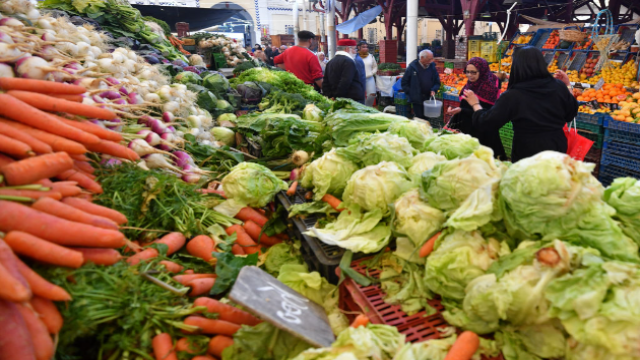
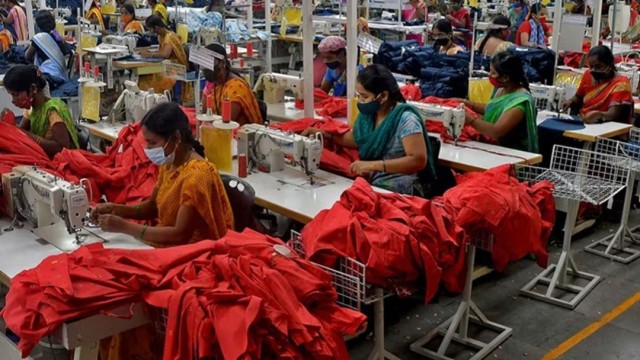






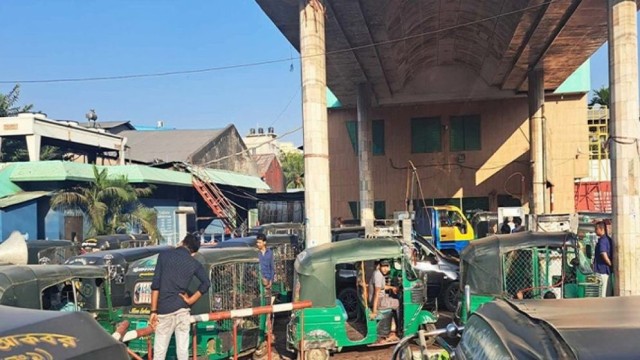
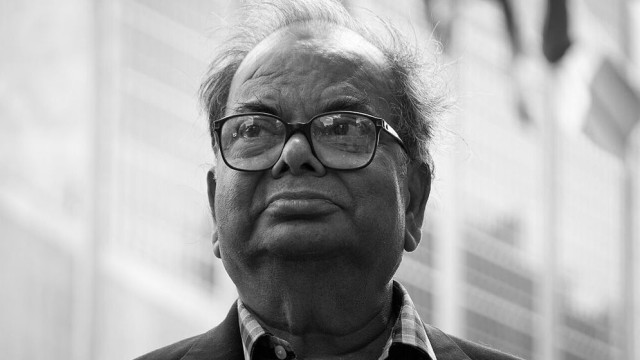

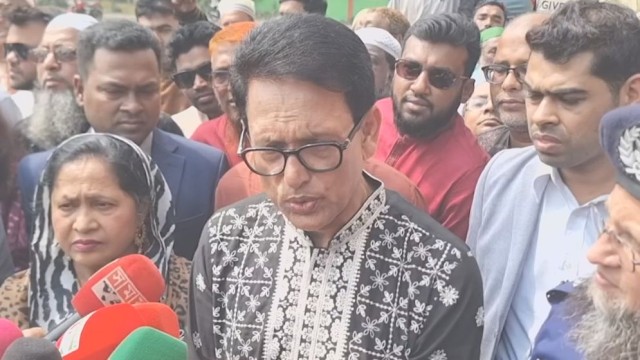


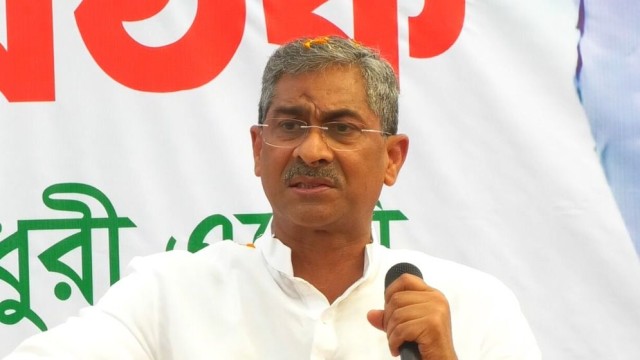

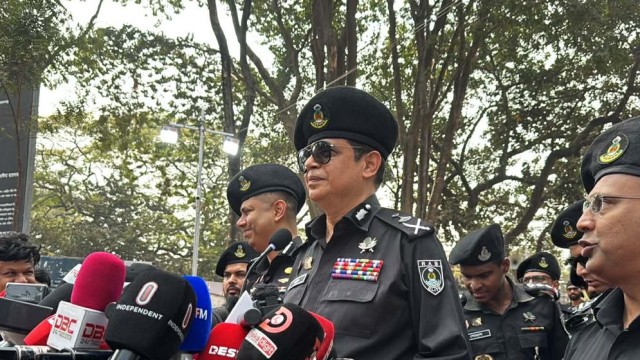











Comment: